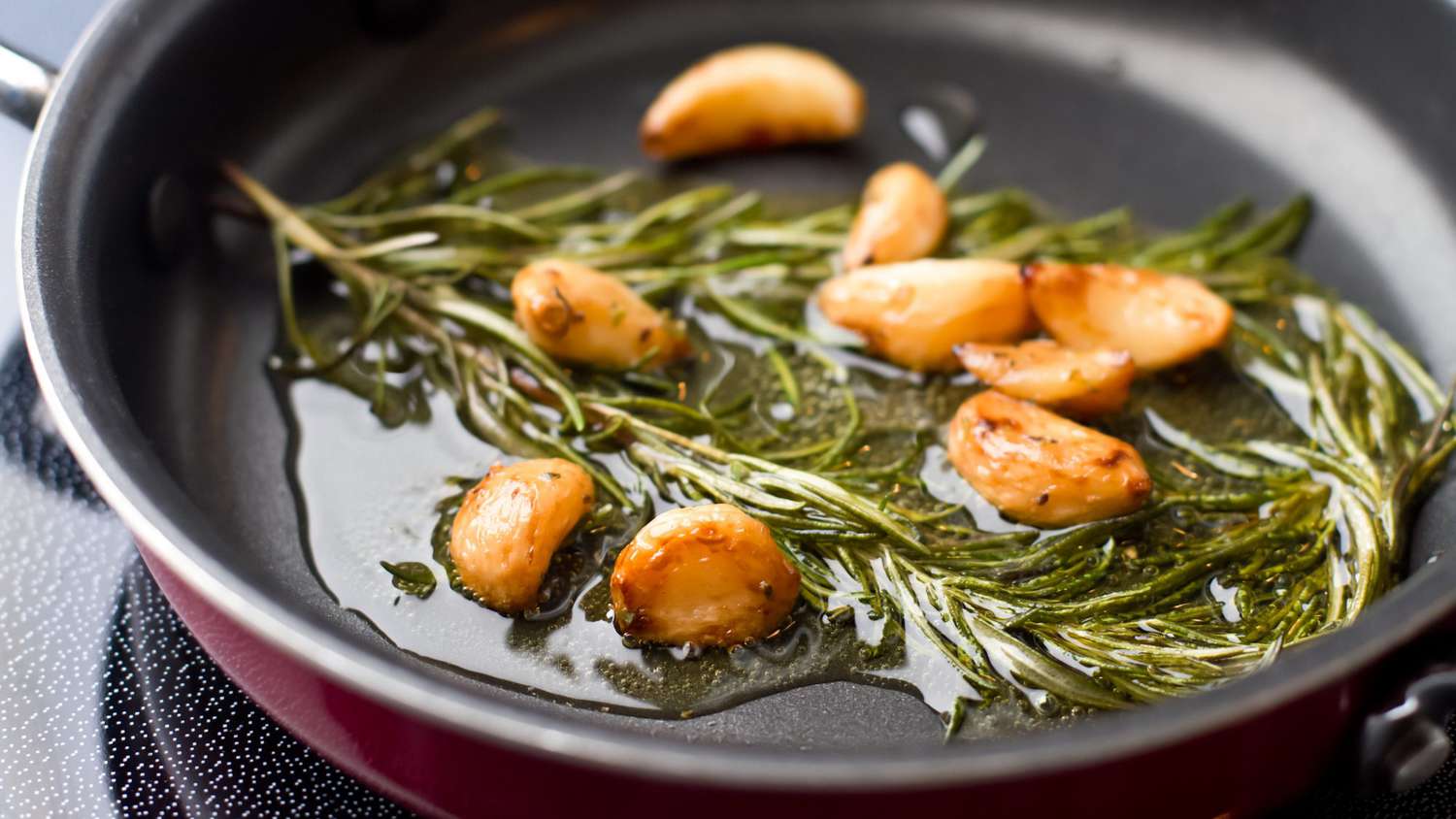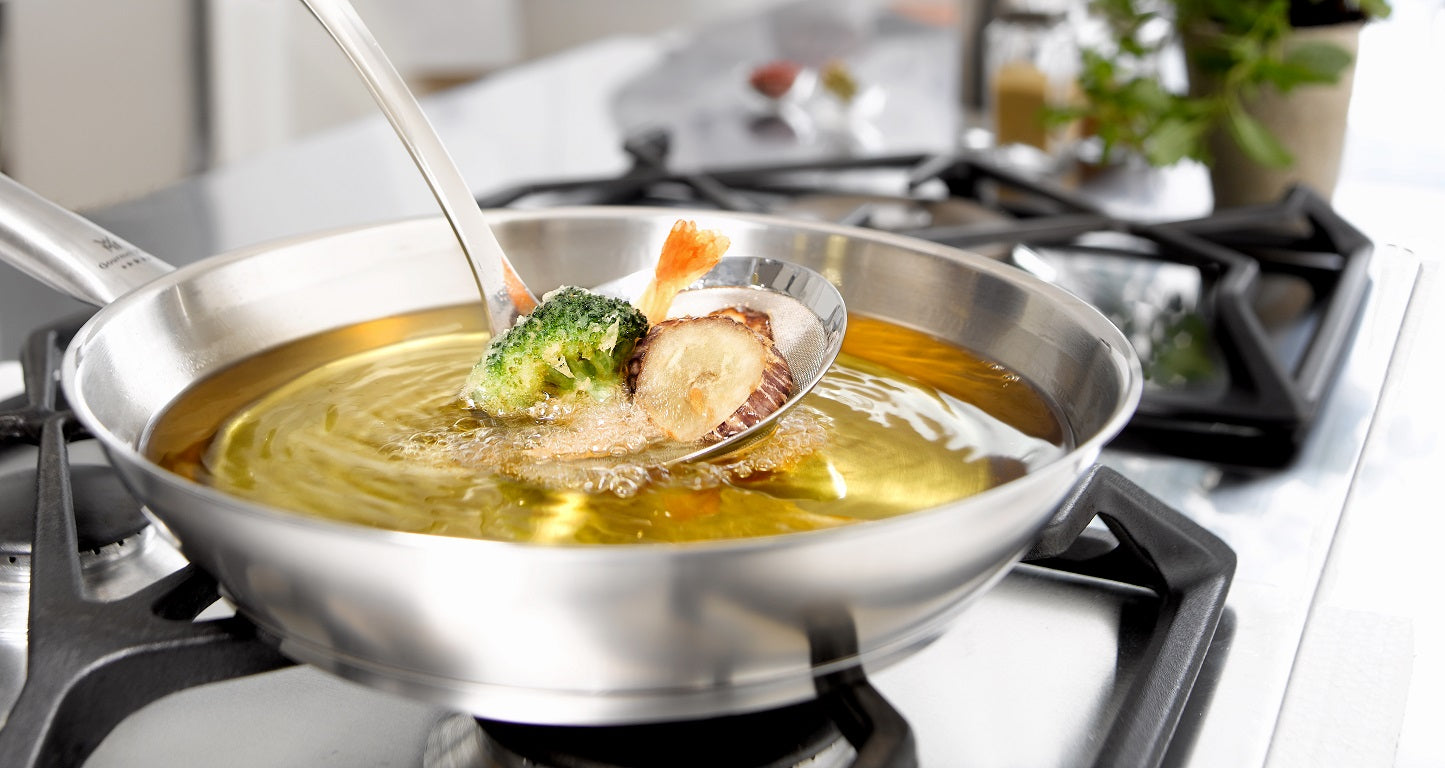When you reach for that bottle of olive oil tucked away in your pantry, do you ever wonder, 'How long is olive oil good for?' You're not alone. With the sheer diversity of olive oil available today, understanding its shelf life can be daunting. Our goal here is to demystify this common kitchen staple, ensuring your culinary creations shine with fresh, flavorful olive oil.

The Science Behind Olive Oil Shelf Life
Olive oil, like any food product, has a finite shelf life. Its compounds, such as polyphenols and antioxidants, which offer health benefits, are sensitive to environmental factors. However, the overarching determinant of how long olive oil remains good for is its storage conditions.

Factors Affecting Olive Oil's Shelf Life
1. Bottle Type
Olive oil should be stored in dark glass bottles or stainless steel containers. Light accelerates the degradation process, so always selecting opaque packaging is a wise choice.
2. Storage Location
Keep your olive oil in a cool, dark place. Kitchen cupboards away from stovetops or windows where temperature and light fluctuations occur are ideal. Check out more on organizing your kitchen effectively.
3. Seal Tight
Ensure that the bottle cap or lid is always tightly sealed after use. Exposure to air oxidizes olive oil more rapidly, shortening its lifespan.

How to Tell If Olive Oil Has Gone Bad
So, how long is olive oil good for? Typically, unopened bottles last up to two years from the date of bottling, while opened bottles should be used within a year. Here are signs that your olive oil may have gone bad:
1. Rancid Smell
Rancid olive oil has a telltale sour or fermented smell. If your olive oil smells off, it's time to discard it.
2. Off Taste
Tasting a small amount can reveal a lot. If it tastes bitter, soapy, or otherwise unpleasant, it is no longer good.
3. Cloudy Appearance
While petroleum products can look cloudy at colder temperatures, cloudy olive oil that remains so at room temperature might be spoiling.
For more detailed guidelines on how to store your olive oil effectively, check this resource.

Extending Olive Oil's Life with Proper Storage
Optimizing storage practices can extend your olive oil's shelf life significantly. Always keep your oil in a cool environment, reducing its exposure to heat, light, and air.
1. Dark Glass Bottles
Dark glass protects against harmful UV rays. If you purchase olive oil in a clear bottle, transfer it to a dark one at home.
2. Room Temperature
Store your olive oil at a consistent room temperature. Constant opening and closing of refrigerator doors can cause condensation, negatively affecting your oil.
Explore more about preserving oils in our kitchen tips section and our food storage guide.
FAQ Section
How Can I Maximize Olive Oil's Shelf Life?
Storing it in a cool, dark place in a tightly sealed, dark container maximizes its shelf life. For more tips, check our olive oil guide.
Does Refrigeration Extend Olive Oil's Shelf Life?
Refrigeration can prolong life but may affect texture. It's best used for large quantities infrequently used.
Can Old Olive Oil Make You Sick?
While unlikely to make you sick, old olive oil will taste unpleasant and lose nutritional value.
As an Amazon Associate, I earn from qualifying purchases.






Leave a comment
This site is protected by hCaptcha and the hCaptcha Privacy Policy and Terms of Service apply.